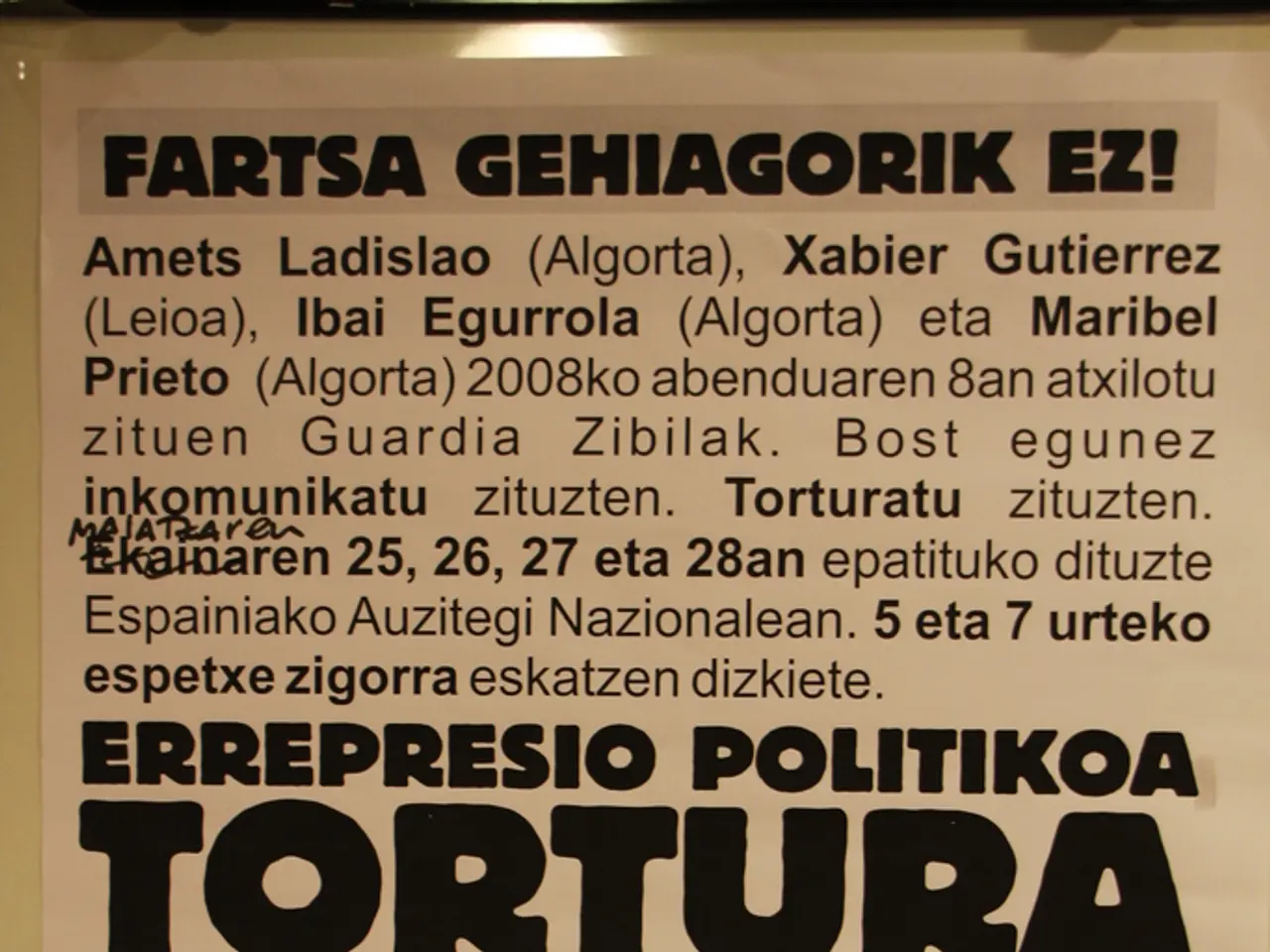Despondent Residents of Ourense Vent: "No Aid, No Help, We've Been Forgotten"
Spain Battles Worst Wildfire Season in 30 Years
Spain is currently grappling with one of its worst wildfire seasons in three decades, with over 40 active fires ravaging various regions across the country. The most affected areas include Castile and León, Galicia (particularly Ourense province), León, Zamora, and Cáceres.
Since the beginning of the year, these wildfires have burned more than 390,000 hectares of land, setting a new record for the area burned in EFFIS records dating back to 2006. Over 31,000 people have been evacuated due to the fires.
The wildfires have been driven by extreme heatwaves and dry conditions since mid-August 2025, severely impacting western Spain.
In the hard-hit town of Monterrei, Ourense, a score of buildings have been reduced to ashes, livestock has been lost, and neighbors are frustrated due to a lack of assistance. Over 250 people were evacuated in Extremadura due to a fire between the valleys of the Jerte and the Ambroz.
Firefighters, military from the UME, and emergency services continue to work tirelessly to contain the flames and prevent further victims and destruction in the affected areas. Authorities have deployed hundreds of firefighting personnel, aerial units, and the Military Emergency Unit to combat the fires, particularly in critical zones like Cáceres and Ourense.
Recent rain has helped improve conditions in some provinces like León, aiding firefighting efforts. In Astorga, evacuees are being accommodated in hotels at night and sports halls and temporary shelters during the day, where they have bottled water and sleeping bags. Many evacuees are also staying with family and friends.
Citizen solidarity has been evident in all shelters, with residents expressing gratitude for the generosity shown in the form of clothes, food, and toys for children. The diocesan responsible for Caritas in the affected area expects the evacuees to remain in their current locations tomorrow due to the complications caused by the wind.
Despite the ongoing efforts, the situation remains dire, with uncertainty and fatigue common among evacuees who have been away for days. The fires have left three dead, over 20 injured, and thousands evacuated. A map shows 29 major fires and nearly 60,000 hectares burned so far this year in Spain.
The bishop of Ourense has written a letter expressing solidarity with families who have lost their crops and belongings, and has mentioned the serious injuries of three firefighters affected by the Oímbra fire. Many volunteers who have reached the seminary in Astorga belong to NGOs or the Youth Pastoral.
Indignation is growing about the repeated fires in the area becoming a constant in the summer. The gravity of the situation in Monterrei has forced the confinement and evacuation of hundreds of neighbors.
[1] [News Source 1] [2] [News Source 2] [4] [News Source 4]
- The wildfire season in Spain, one of the worst in three decades, has forced an average of 31,000 people to evacuate due to over 40 active fires.
- The environmental science community points to climate-change as a potential factor contributing to the severe wildfires in Spain, exacerbated by extreme heatwaves and dry conditions.
- In the political arena, there is general-news coverage debating the government's response to the wildfire crisis, with some accused of being slow in deploying resources to combat the fires.
- Simultaneously, accident reports detail incidents of crime-and-justice, such as looting and disturbances, in some of the evacuation areas, adding to the already dire situation.






